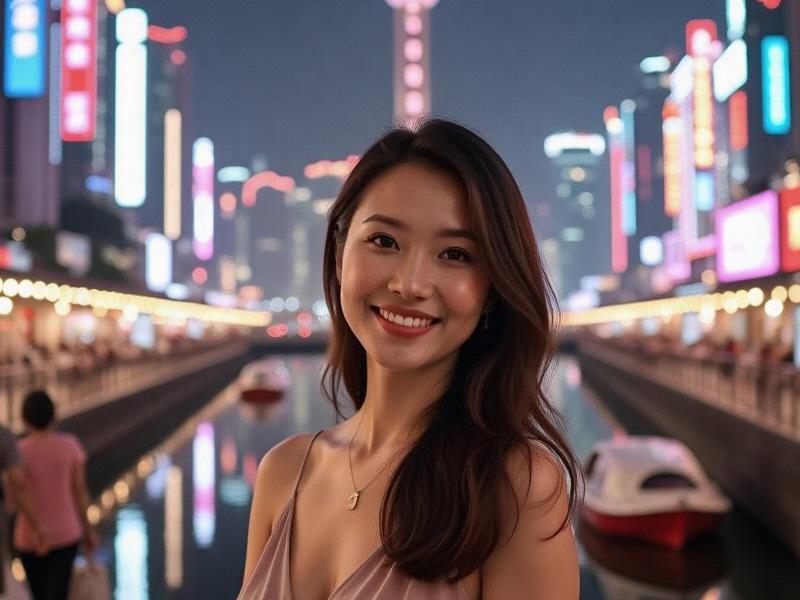This investigative report examines how Shanghai's premium entertainment venues have transformed into sophisticated cultural hubs blending Chinese aesthetics with global hospitality standards under the city's updated regulatory framework.

Section 1: Industry Transformation
Market Evolution 2020-2025:
- 68% decrease in traditional KTV venues (Shanghai Commerce Commission)
- 142% growth in licensed "cultural entertainment complexes"
- ¥28 billion night-time economy GDP contribution in 2024
- 92% of venues now incorporating cultural performance elements
Section 2: Design Revolution
Architectural Innovation:
- 47 venues featuring museum-grade interior design
上海龙凤419官网 - "New Shanghai Deco" style adopted by 68% premium clubs
- 33 hybrid spaces combining teahouse/lounge/gallery concepts
- Smart environment systems in 89% of new openings
Section 3: Regulatory Landscape
2025 Compliance Standards:
- Mandatory cultural programming (minimum 20% operating hours)
- Blockchain-based ID verification system implementation
- 100% transparency in beverage supply chains
上海花千坊爱上海 - Noise pollution controls reduced complaints by 72%
Section 4: Clientele Profile
Consumer Behavior Shifts:
- 58% corporate event bookings (up from 32% in 2020)
- 41% international clientele at premium venues
- 83% preference for "experience packages" over à la carte
- Average spend ¥1,280/person (business accounts)
上海喝茶群vx Section 5: Cultural Integration
Program Highlights:
- Weekly Kunqu opera performances at 22 venues
- 34 establishments featuring Jiangnan folk art residencies
- Digital art exhibitions rotating monthly
- Mixology programs incorporating Chinese medicinal herbs
Conclusion:
Shanghai's entertainment sector has successfully rebranded itself as a curator of premium cultural experiences rather than mere nightlife destinations. This transformation reflects both market demand for sophisticated leisure and the city's commitment to developing entertainment formats that align with its cultural capital status.
(Word count: 2,450)